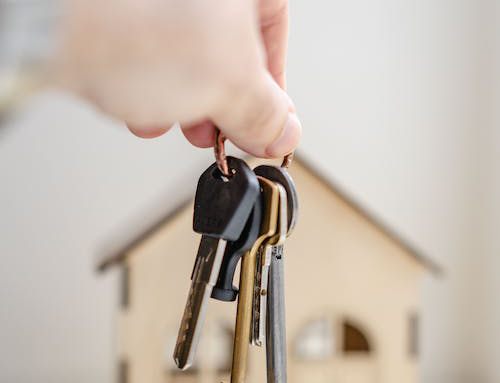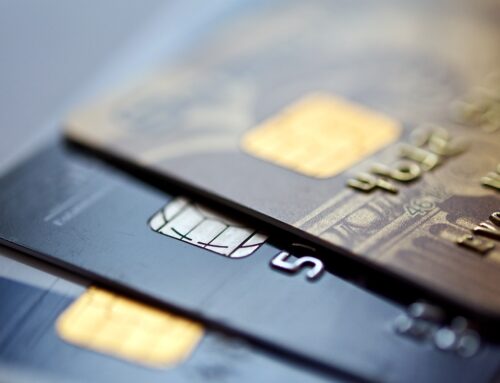Defaulting on a loan occurs when repayments are not made for a specific period. When a loan defaults, it’s sent to a debt collection agency whose job is to contact the borrower and get the unpaid funds. Defaulting will drastically reduce your credit score, affect your capability to get future credit, and can lead to the seizure of personal property. If you cannot make payments on time, it is essential to contact your lender or loan servicer to discuss restructuring your loan terms.
How Loan Default Works
Defaulting on a loan will cause a substantial and lasting drop in the credit score of debtors and very high interest rates on any future loan. For loans secured with collateral, defaulting will probably result in the pledged asset being seized by the bank. The most famous kinds of customer loans that are backed by collateral are mortgages, auto loans, and secured personal loans. For unsecured debts such as credit cards and student loans, the consequences of default change in severity as per the type of loan. In extreme cases, agencies (debt collectors) can garnish wages to pay back the debt.
What to expect after a loan default?
The default effect on the credit history can be catastrophic and long-lasting. A default will stay on your credit reports for up to 7 years, and prospective lenders will be far further reluctant to extend credit to you. You should try for repaying the defaulted loan whenever possible. However, if you are having extended financial problems, for instance, you or a partner becomes unemployed and has trouble finding a new job, and a family member faces an unexpected medical hurdle. You may find going months without touching your default loan.
In the instant aftermath, you will probably get a stream of communications from the lender as the account goes 30, 60, and 90 days past due. Then the calls or letters will stop altogether. At that point, it can be tempting to think your lender has forgiven the debt but do not be fooled. In reality, the lender has likely sold the debt to a collection agency that will soon come after you for the money.
How Does a Defaulted Loan Affect Credit?
Defaulting on a loan can’t have serious instant financial repercussions but some long-term consequences. When you are delinquent on a loan or credit card for a minimum of 30 days, that late payment will be reported to the credit bureaus and will remain on your credit report for 7 years. Once you default, that can be reported to the credit reporting agencies as a collection account, which can more damage your credit score. Collection accounts usually remain on your credit report for 7 years. With a default on your credit report, it can be challenging to receive approval for credit in the future.
That is because a lender’s initial concern is repayment, and if your credit report indicates that you have failed to do that in the past, the lender may consider you to be too much of a risk. But that does not essentially mean that you will not ever qualify for another loan. A few lenders specialize in working with borrowers with negative credit problems, and they may provide a loan or credit card at a high-interest rate. Also, it is essential to keep in mind that credit scoring models usually favor new info over old info. So, if you can manage to establish a positive payment history going forward, the impacts of your default can diminish over time.
Payments that are not done for 30 days can trigger serious consequences:
The loan default can show up on the credit reports. It’ll probably low your credit score, which most creditors and lenders use to review credit apps.
You might receive phone calls and letters from creditors demanding payment.
If you still don’t pay, the account can be sent to collections. The debt collector will look for payment from you, sometimes using aggressive steps.
Then, the collection account can remain on your credit report for up to 7 years. This action can damage your creditworthiness for future loans or credit card apps. It may be a deciding factor when gaining basic necessities, like utilities or a mobile phone.
Other ways a default can hurt you
Hurting your credit score is reason sufficient to avoid a loan default. Some of the other action’s creditors can take to collect payment or claim collateral are quite serious:
- If you are a defaulter on a car loan, the creditor will repossess the car.
- If you default on a mortgage, you can be forced to foreclose on your house.
- In few cases, you can be sued for payment and have a court judgment entered against you.
- You can face bankruptcy.
Any of these more consequences can plague your credit score for years and hinder your efforts to secure your financial future.
Do you know your credit score?
Most people don’t. In fact, a lot of people are surprised when they find out their score is lower than they thought. That’s where we come in – MastersCredit.com can help you determine exactly what’s hurting your credit so that the steps to fix it are clear and simple! We’re a credit repair company, so take our free online credit evaluation today, or call 1-844-620-8796 for more information.
You deserve to have great credit! It’s not only important for big things like getting a loan or buying a house, but also for everyday things like renting an apartment or setting up utilities. Let us help you get your credit back on track so you can enjoy life without worrying about your finances.
Take our free online credit evaluation today!
[wpi_designer_button slide_id=6350]
Note: The information on this website is for general purposes only and does not constitute financial or legal advice.







Leave A Comment